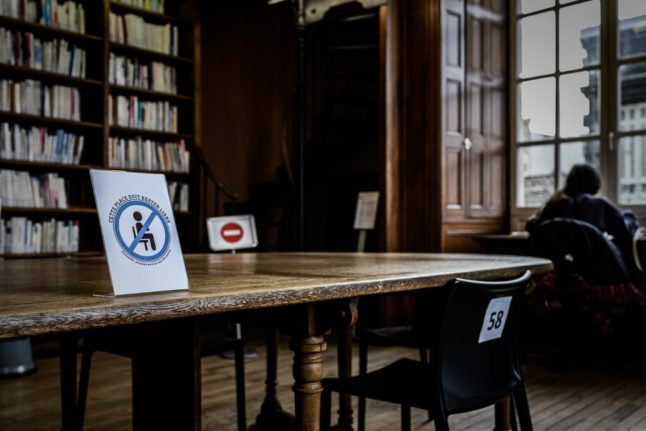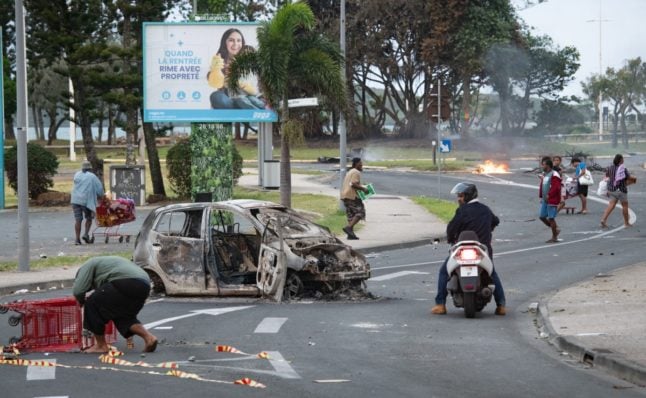With President Emmanuel Macron due to speak with worried university students on Thursday, they demanded a return to full face-to-face teaching suspended due to the pandemic.
For the time being, only first-year students will be permitted to attend classroom tutorials, from January 25th but in half-groups.
Hundreds protested in Paris, brandishing slogans including “incompetent politicians, students in agony” and “everyone hates online classes”.
« Tout le monde déteste les cours en ligne ! »
Manifestation d’étudiants pour la ré-ouverture des facs et + de moyens dans l’éducation malgré la crise #COVID pic.twitter.com/G8vYdzf3K5
— Clément Lanot (@ClementLanot) January 20, 2021
Melanie Luce, president of France's national student union UNEF, said classes should be opened for “all students” even if reduced numbers meant doing classes twice over and recruiting more teachers.
“We think the government does not understand the magnitude of the situation,” she added, saying the protests aimed to “defend the life conditions and studies of the students”.
Some 250 took to the streets in the western city of Rennes, where Josselin, 21, said he was “in despair at the solitude”.
“I am all alone with myself in my 18m2 (194 square feet). Today I received my first lesson in PDF and was told 'get by with that'. There are teachers who no longer even make the effort to make video conferences”.
UNEF has said that a €1.5 billion ($1.8 billion) emergency plan is needed for students, urging an immediate raise in grants and help to pay for accommodation.
Macron will Thursday meet students at Paris Saclay university to discuss their situation, with government sources saying new measures to help students could be announced.



 Please whitelist us to continue reading.
Please whitelist us to continue reading.
Member comments